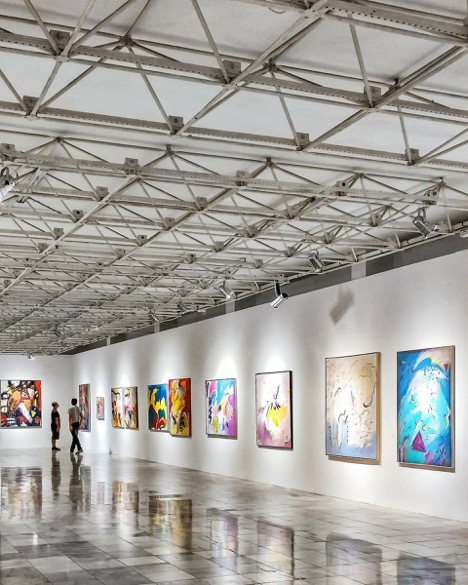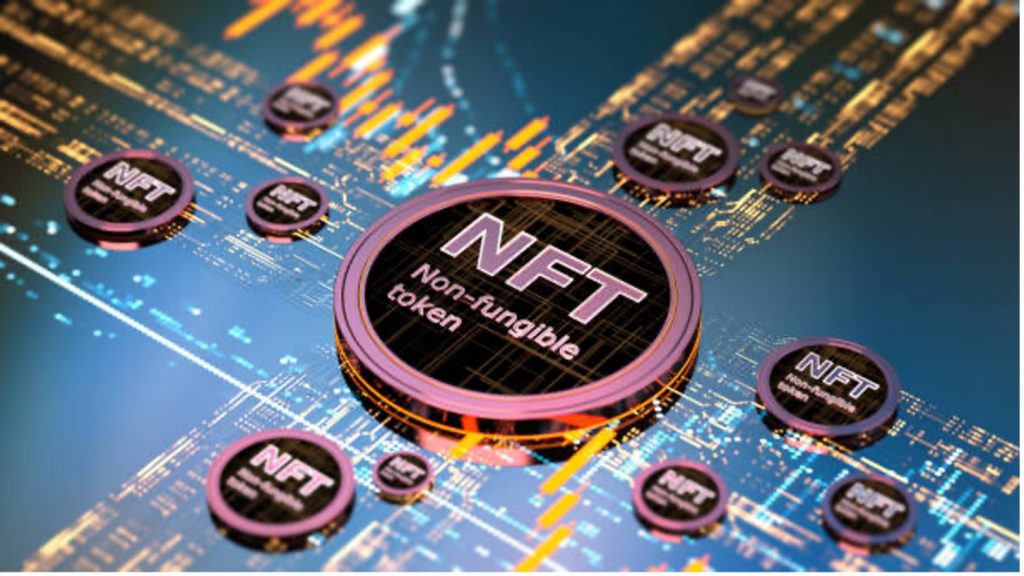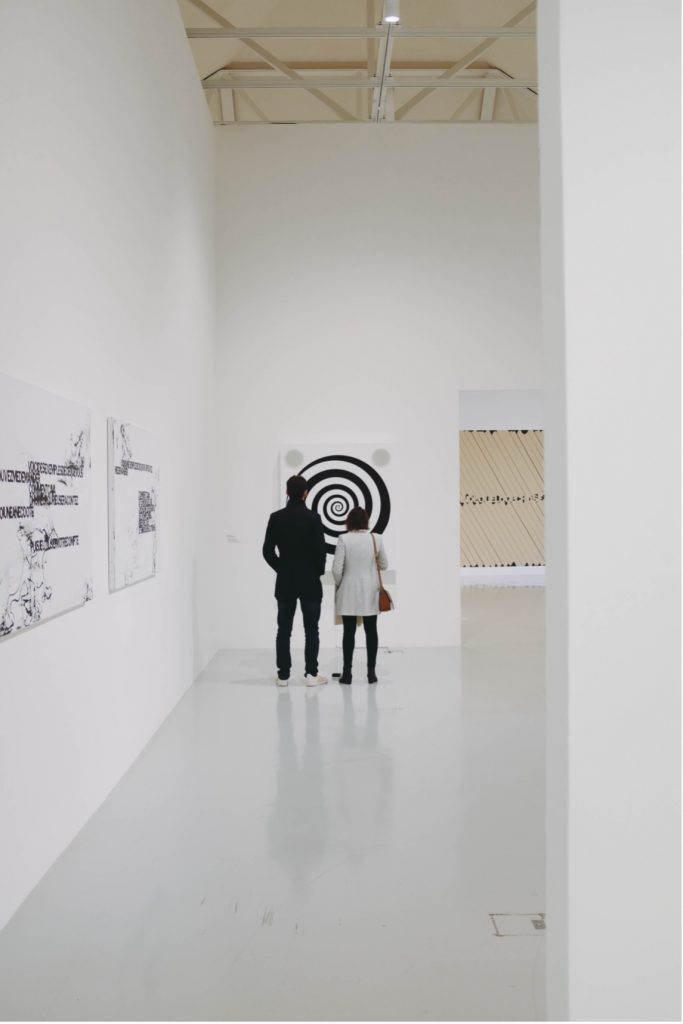Are you an art enthusiast of average means? Are you interested in collectibles but find the prices out of reach? Have you envied those who have the means to bid for and win classic or modern masterpieces?
These days, you do not have to be an accredited investor or an institution to own fine art or collectibles. You too can invest in fine art and own a masterpiece or rare collectible – or more than one! Use your eye for quality and build investing skills by enrolling in one of the art investment platforms online and purchasing fractional shares of works of fine art and collectibles.
This article explains the different platforms available to you and anyone who wants to start investing in works of art or collectibles to build passive income.
WHY SHOULD I INVEST IN FINE ART OR COLLECTIBLES ONLINE?
To Be Engaged with Your Investments
If you are interested in the art world or collectibles, investing in these will engage you more than if you invest in, say, shares of commercial property or mutual funds. Simply put, if you are an art lover or a collector, you will enjoy investing and learn more if you invest in art or collectibles.
To Further Diversify Your Investment Portfolio
If you have paid off all of your credit card debt, fully funded your emergency fund, regularly contribute to your IRA, and have disposable income in excess of these and your other monthly expenses, you can further diversify your investment portfolio by purchasing shares in fine art or collectibles online.

To Invest in Something that Historically Holds and Builds Value
Historical trends show that the fine art and collectibles market is not as volatile as the equity market. While gains in these markets may be less than those possible in the stock market, the value of your investment in fine art or collectibles will slowly and steadily increase over time.
To Own Shares of Artworks or a Collectible That Can Be Easily Traded
One problem with investing in fine art or collectibles is that physical objects are not nearly as liquid as stocks and bonds. A work of art or collectible must sell, usually through an auction house or a gallery before investors realize a profit. For a work of art or collectible to sell, there must be a buyer. So while there is almost certainly value in fine art and collectibles, an investor must be prepared and willing to hold until they sell.
Most online platforms buying and selling fine art and collectibles have largely overcome this problem by creating a secondary market for fractional shares and NFTs, allowing investors to buy and sell their investment in collectibles, works of physical art, and digital works of art.

Online Art Investing Platforms Allow You to Purchase Fractional Shares of Works of Fine Art and Collectibles
Platforms such as Masterworks, Otis, and Yieldstreet are democratizing investing in art and collectibles, allowing non-accredited investors the opportunity to purchase fractional shares of collectibles and works of fine art by established and blue-chip artists of the past and of today. These platforms bring more liquidity to investing in fine art and other collectibles by creating a secondary market for these fractional shares.
The offerings on these platforms are curated by research teams that track the market performance of various artists and types of collectibles. The teams purchase and securitize the works and collectibles they believe will perform well if sold in as little as eight months or as long as ten years, at which point after the platform’s fees are deducted from the sale price investors receive their pro-rata share of the profits.
However, an investor in any of these platforms does not have to wait for the work of art or collectible to be sold to sell their fractional shares. Investors can sell their fractional shares at any time through the platform’s secondary market.
While the fees may be substantial (as much as 20% of the final sale price), there is a low buy-in. The minimum initial investment for Masterworks is $1,000 and for Yieldstreet is $500, while fractional shares on Otis sell for as little as $10. And for all these platforms, investors can rest assured that management’s interests are squarely aligned with theirs – they too aim to sell art and collectibles at a profit, as they make money primarily through sales commission.

You Can Invest in Digital Art By Purchasing Non-Fungible Tokens (NFTs)
With the advent of Blockchain technology, investors can securely purchase and hold nonfungible tokens (NFTs) in digital artworks and digital collectibles. These works are unique, nonphysical, digital pieces that, thanks to Blockchain technology, can be verified and traced. Blockchain also supports liquidity of this type of investment, allowing investors to buy and sell NFTs in collectibles and digital art easily.
NFTs give contemporary artists and those creating collectibles such as sports and movie memorabilia the opportunity to sell their work directly to their investors, giving investors access to their work in an open marketplace. NFTs are easily bought and sold on various online platforms.
To purchase NFTs:
- Go to an NFT marketplace online such as OpenSea, MakersPlace, or SuperRare and shop for the art or collectible that appeals to you as either a collector or an investor – or both!
- Fund your digital wallet. NFTs are an Ethereum-based asset that can be purchased with Ethereum tokens.
- Purchase NFTs for the work or works of art you are interested in.
- Track the market and buy or sell NFTs as you see fit.
Do Your Due Diligence Before Investing in Fine Art Online
Every platform offering the opportunity for non-accredited individuals to invest in fine art and collectibles online will disclose their performance in the market, historically, as well as their administrative and management fees and sales commissions. Be sure to understand your financial and time commitment before you apply to invest in any online investment opportunity.
About the Author: Veronica Baxter is a writer, blogger, and legal assistant operating out of the greater Philadelphia area. She frequently works with the Law Offices of David Offen, a noted bankruptcy attorney in the area.


